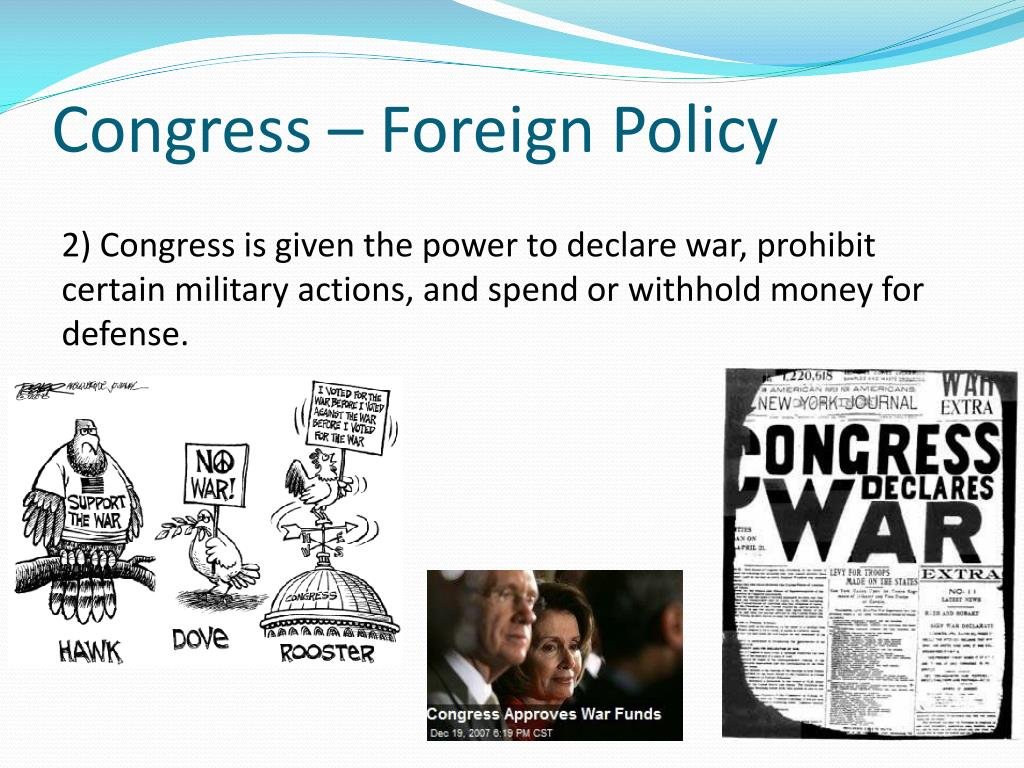In the intricate web of international relations, where every thread is interwoven with layers of strategy and diplomacy, the influence of domestic political considerations on foreign policy decisions cannot be overstated. Recent speculations about the motivations behind certain pivotal foreign policy moves have brought to light an often overlooked aspect: the impact of public perception on presidential actions, especially in matters related to national security and international conflict management amidst broader geopolitical tensions involving key adversaries like Iran.
At first glance, it might seem counterintuitive to link domestic politics so closely with decisions that ostensibly concern far-off lands and peoples. Yet, a deeper introspection reveals this connection as not only logical but inevitable. Presidents, irrespective of their ideological leanings or party affiliations, are ultimately accountable to their electorate. This accountability does not pause at water’s edge; rather, it extends into how these leaders navigate complex international waters.
Consider the case of managing tensions with Iran—a country that has been at the center of numerous geopolitical discussions for decades. Decisions regarding sanctions, diplomatic negotiations, or military interventions are profoundly influenced by how they will be perceived by the domestic audience. Will such actions be seen as a demonstration of strength and resolve in protecting national interests? Or could they be construed as reckless adventurism risking American lives and resources?
This balancing act between demonstrating assertiveness on the global stage while ensuring public support back home is a tightrope walk fraught with risk. Public opinion can serve as both a shield and a sword—protecting leaders from criticism when there is broad consensus on foreign policy moves or turning against them when decisions prove unpopular or unsuccessful.
Moreover, electoral cycles play a significant role in shaping foreign policy decisions. As elections approach, presidents may adopt more hawkish stances to project an image of leadership and decisiveness—a tactic aimed at galvanizing support among voters who prioritize national security issues. Conversely, engaging in diplomacy or peace initiatives might be favored if societal mood leans towards war weariness and a desire for conflict resolution.
The implications of these dynamics extend beyond immediate policy outcomes; they also influence how adversaries perceive American intentions and resolve. Countries like Iran meticulously analyze U.S. domestic politics to gauge potential shifts in foreign policy approaches—be it greater openness to negotiation or increased likelihood of confrontation.
To navigate this complex landscape effectively requires policymakers not just to consider immediate strategic objectives but also to anticipate how their decisions resonate within the domestic political arena—an arena increasingly characterized by polarization and intense scrutiny over national security choices.
Engaging with these questions openly invites us into a broader conversation about what drives our nation’s interactions on the world stage—and whether those drivers align with long-term interests both domestically and internationally. It challenges us to consider if current practices adequately reflect our values as a society committed to peaceable resolutions over conflict whenever possible.
As we ponder these considerations amid ongoing geopolitical tensions involving key players like Iran, let us remain acutely aware that foreign policy should never become merely an extension of domestic politicking but instead reflect thoughtful engagement with global complexities through lenses sharpened by both internal perspectives and external realities.

Leave a Reply